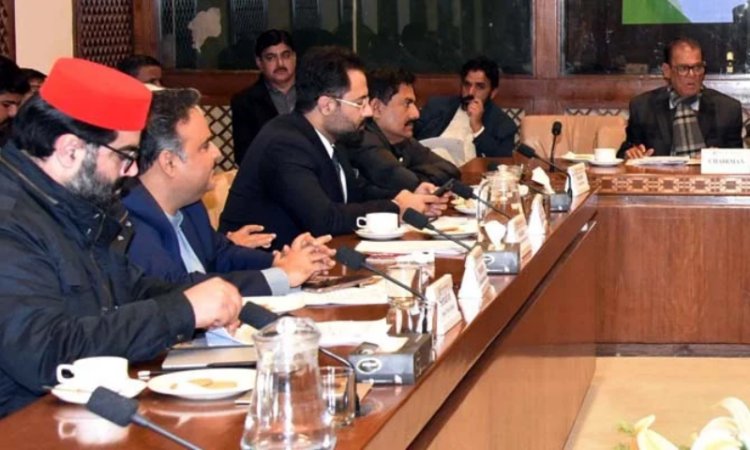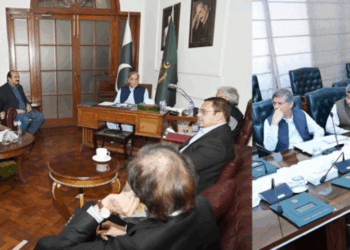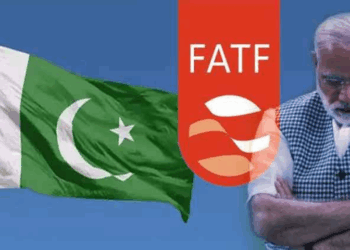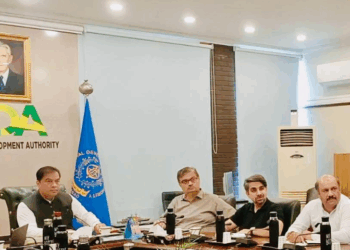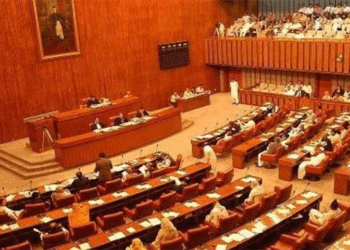Islamabad, January 8, 2025: Shocking revelations about the sale of plastic rice and meat from donkeys, dogs, and frogs in local markets stirred serious concern during a Senate Standing Committee meeting on National Food Security. The meeting, led by Senator Syed Masroor Hassan, was originally convened to address challenges in Pakistan’s basmati rice exports to the European Union (EU).
Senator Aimal Wali Khan of the Awami National Party (ANP) made startling allegations, pointing to widespread food safety lapses and inadequate regulatory oversight. He also referenced a report indicating that only 22% of the milk sold in the country was genuine, while the remaining 78% was chemically altered or counterfeit.
In response, the committee formed a sub-committee tasked with developing a comprehensive food safety policy to address the growing public health risks.
Officials from the Ministry of National Food Security & Research (MNFS&R) informed the committee that 107 consignments of rice exported to the EU had been flagged for quality issues, despite a total of 10,300 shipments being sent until 2024. The Federal Investigation Agency (FIA) has already registered 17 cases against officials involved in the export process. So far, 11 individuals are in custody, two remain at large, and four have been released on bail.
Senator Aimal questioned the ministry’s ability to ensure export quality, asking, “How does fungus appear on shipments already cleared for export?” He criticized the recurring lapses and called for greater accountability.
Senator Dinesh Kumar also voiced his concerns, highlighting the urgent need for a national food safety policy. His stance was supported by the Secretary of National Food Security, who assured the committee of prompt action on policy development.
The discussion later shifted to the recovery of unpaid cotton cess. Federal Minister Rana Tanveer Hussain reported that Rs3.2 billion in cotton cess has remained unpaid since 2016, with the All Pakistan Textile Mills Association (APTMA) citing a lack of funds as the reason for non-payment.
The minister further informed the panel that monthly cess collections had reached Rs30 million following pressure from the committee. He proposed that cess evasion be declared a non-bailable offence to ensure timely payments.
To resolve the issue, APTMA representatives have been summoned for the next committee meeting, where a recovery plan is expected to be finalized.
This meeting not only underscored the critical need for stringent food safety regulations but also highlighted the ongoing struggle to recover outstanding dues, which are vital for supporting the country’s agricultural sector.


